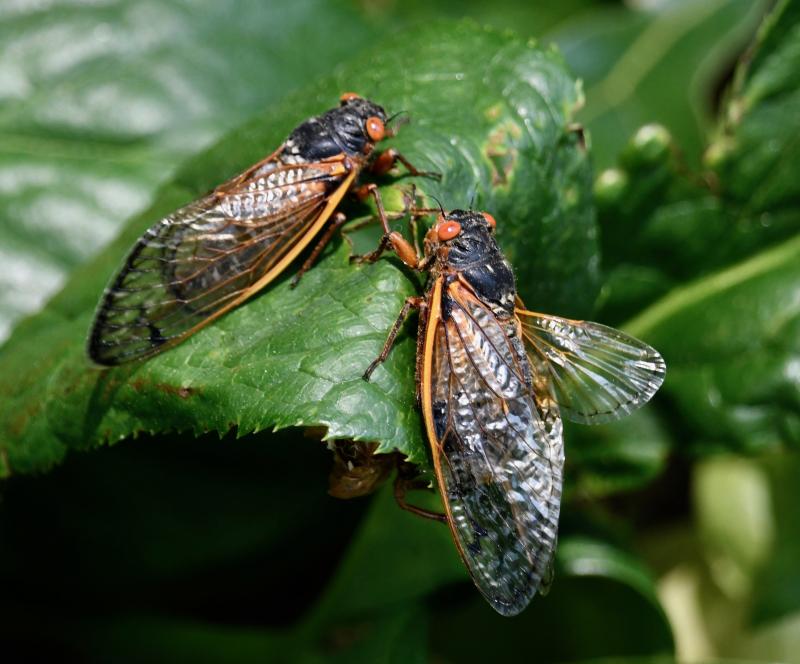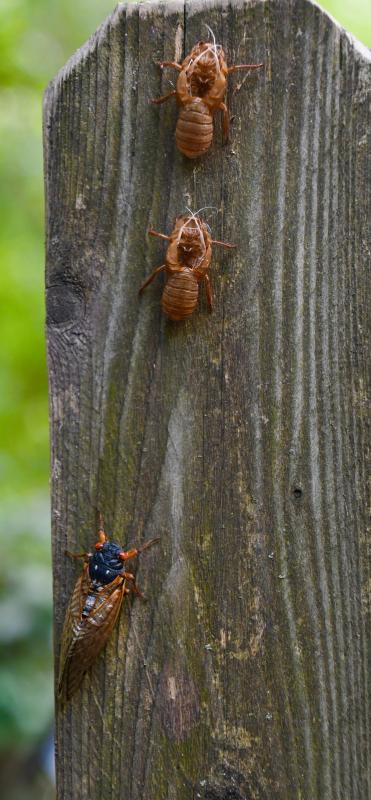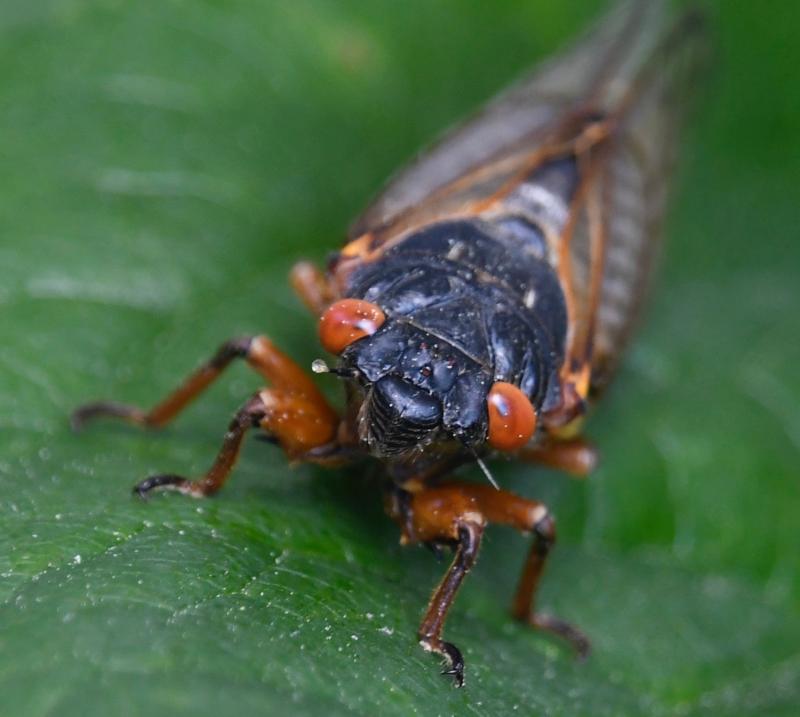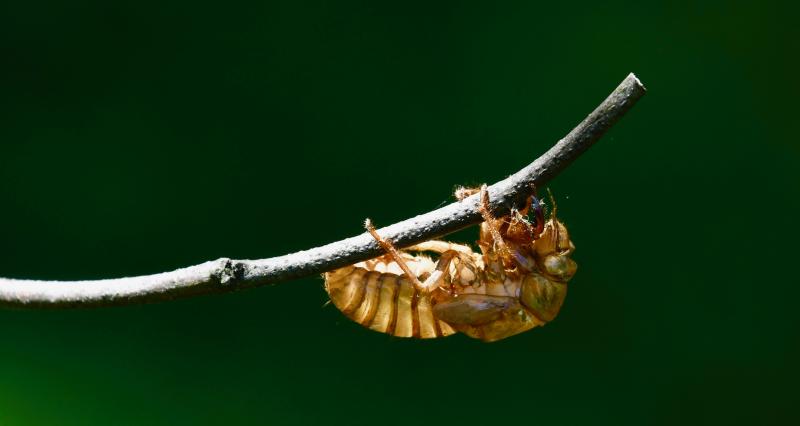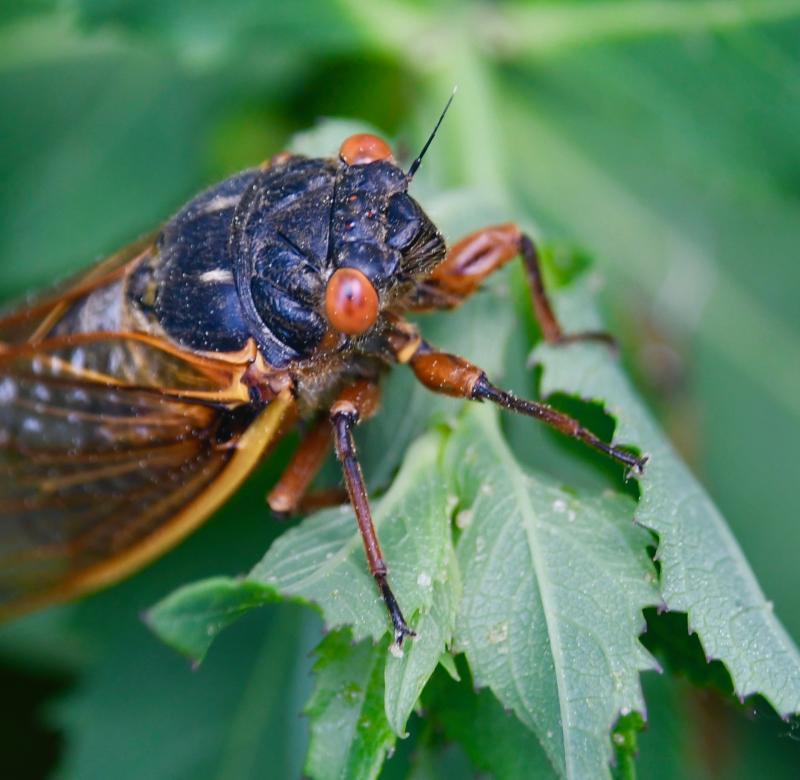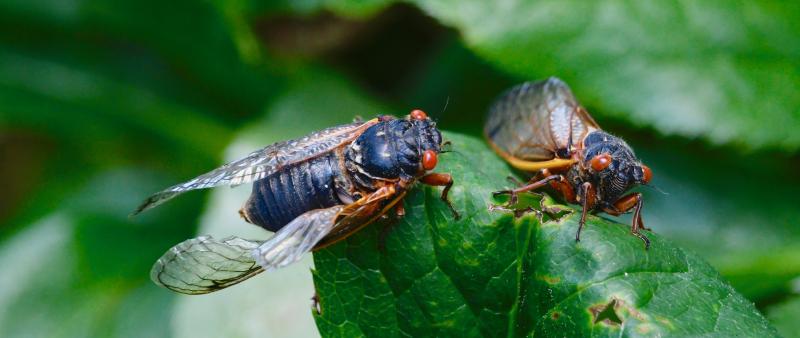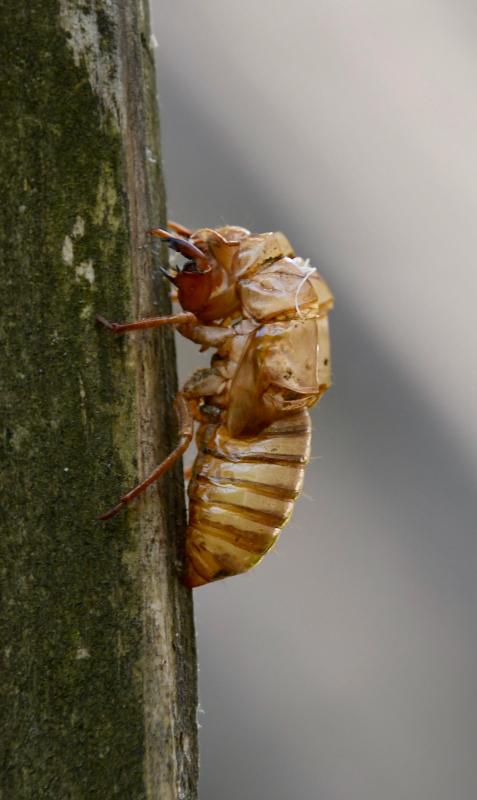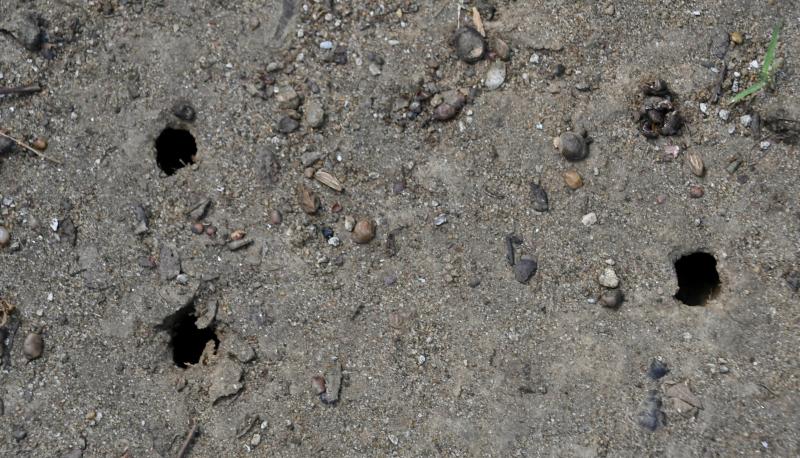No Brood X chorus in southern Delaware
If you live in the Cape Region and are anxiously awaiting the chorus of multitudes of Brood X cicadas, you will have to take a road trip.
Although Brood X is starting to appear in several states, no periodic cicadas will emerge in Sussex or Kent counties or most of the Eastern Shore of Maryland. However, some are emerging from the soil in northern New Castle County.
Scientists expect emergence in all or parts of 15 states and the District of Columbia, including New Jersey and Pennsylvania, and Maryland counties across the Chesapeake Bay Bridge. Nearby cities Baltimore and Washington, D.C., will be at Brood X ground zero. Brood X will emerge as far north as New York and west. The invasion of millions upon millions of noisy cicadas is expected to occur from now until the end of May into early June. It’s already getting noisy in Brood X areas.
Mike Raupp, entomology professor emeritus at the University of Maryland, who is a well-known cicada expert, said some forested areas could see as many as 1.5 million cicadas per acre.
It's the loud sound – bug lovers call it a chorus – male cicadas make to attract mates that sets them apart. Their songs are known to reach decibels at high as 105; lawnmowers register about 100 decibels.
When they emerge, adults die soon after mating and laying their eggs on small twigs and branches. Their lifespan ranges from four to six weeks. The eggs hatch, and tiny nymphs fall to the ground and immediately tunnel into the dirt to find small roots to feed on. They won't reach full maturity and emerge for another 17 years.
Raupp said most cicadas make their moves up trees or anything vertical at twilight in an attempt to avoid predators.
So why no Brood X in this area?
Tracy Wootten, Sussex County extension agent with University of Delaware Cooperative Extension, said no one is 100 percent sure why periodic cicadas do not hatch in this area.
The prevalence of sandy soil could be one reason, she said.
Wootten said Sussex County does have annual cicadas, which hatch in late summer, but in much, much smaller numbers than periodic cicadas.
The periodic Magicicada cicada is red-eyed, for the most part, and sluggish. Annual cicadas move faster and are greenish in color.
And why every 17 years?
When soil temperatures a foot or so underground reach 64 degrees, every 17 years Brood X cicadas emerge from the ground.
According to the University of Maryland cicada crew, one hypothesis suggests that cicadas track time by sensing seasonal changes in the quality or quantity of nutrients, plant hormones or other components of the sap on which they feed. Another possibility is that they have a yet unknown internal molecular clock which enables them to track time.
Maps cause confusion
Wootten said many maps incorrectly color in the entire state of Delaware as a spot for Brood X. It's caused confusion about the impact of Brood X in Sussex County.
She's received calls from people wanting to come this area to see them and others who want to get away from them.
Wootten said since she has lived in Sussex County her whole life, she's never experienced the invasion firsthand. However, this year she plans to take a road trip to visit family who live in the Brood X zone.
CICADA INFO
It's the males that make all the noise from sunup to sundown. They “sing” by flexing their tymbals, which are drum-like organs on their abdomens. The sound is intensified by their mostly hollow abdomens.
The loudest cicada in North America was recorded at 105.9 decibels.
Locusts and cicadas are not related. Locusts are a type of grasshopper, while cicadas are a cousin of the cricket.
Because of mutations, some Brood X cicadas have blue eyes, although it's extremely rare.
There are several broods of periodic cicadas that appear on rigid schedules at different times, but Brood X cicadas are the real stars.
For more information, go to cicadamania.com and cicadacrewumd.weebly.com.
